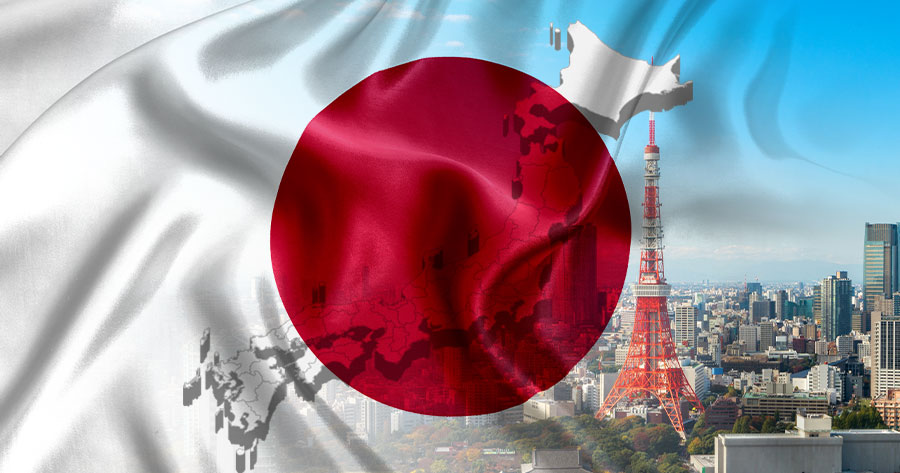Japan’s core consumer prices advanced 2.7% in August from a year earlier, according to official data released Friday, marking the slowest rise in nine months and providing some relief to households facing higher living costs.
The inflation figure, which excludes volatile fresh food but includes energy prices, matched median market expectations and cooled from a 3.1% annual pace in July.
A more narrowly defined index that also strips out fuel — closely watched by the Bank of Japan (BOJ) as a metric of underlying price trends — posted a 3.3% increase in August after climbing 3.4% in the previous month.
These figures will inform the BOJ’s policy board as it concludes its two-day meeting on Friday, where the central bank is widely anticipated to keep its benchmark interest rate unchanged at 0.5%.
The BOJ ended its long-running ultra-loose monetary policy early last year and lifted its short-term interest rate to 0.5% in January, based on expectations that Japan was nearing a sustainable 2% inflation rate.
While consumer inflation has topped the BOJ’s 2% threshold for over three years, Governor Kazuo Ueda has repeatedly signaled the need for caution in additional rate hikes, citing uncertainties such as the impact of U.S. tariffs on Japan’s economy.
In economic projections issued in July, the BOJ forecast that price pressures fueled by rising rice and import costs would fade, to be succeeded by more enduring inflation driven by strong consumer demand and wage growth.





